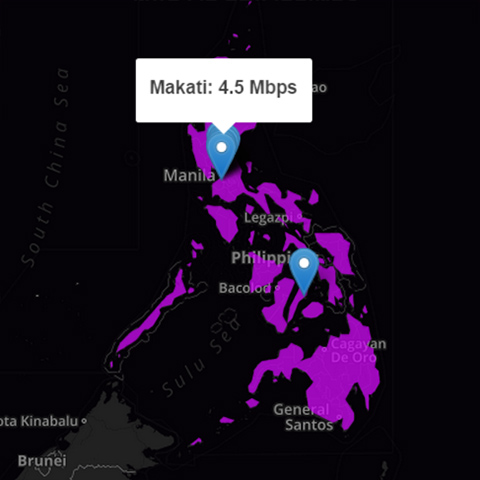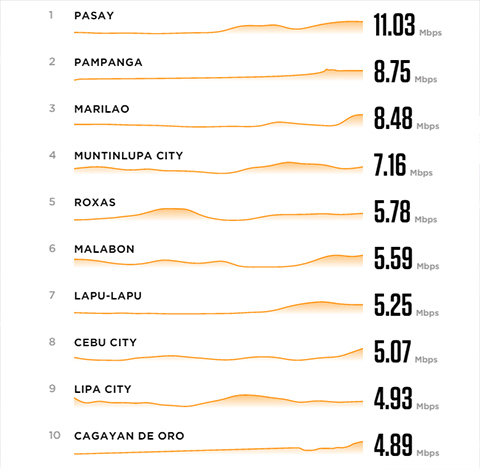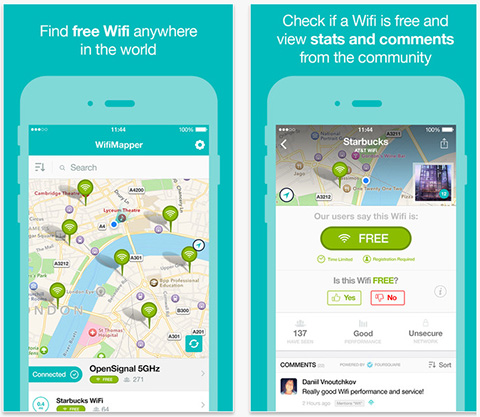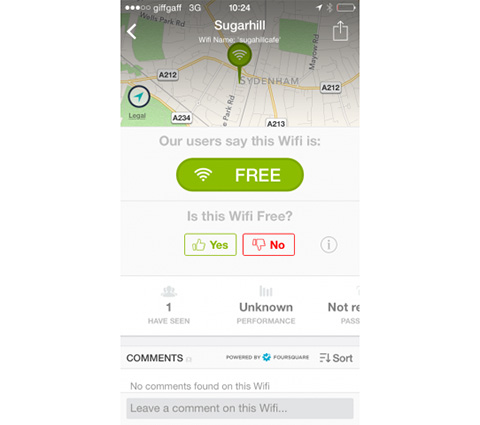THE FREEDOM OF INFORMATION Act is on the cusp of passage into law, if only the House of Representatives will work with a little more speed and focus on the bill in the next nine months.
Should that happen, an FOI law might well be the best Christmas gift that the 16th Congress and the administration of President Benigno S. Aquino III could offer the citizens.
In a statement issued today, May 12, the Right to Know, Right Now! Coalition of over 160 civil society organizations and leaders urged Congress to rush action on the FOI bill, and assure its passage into law by February 2016.
The Coalition said an FOI law could serve as “the perpetual pillar and legacy of the democracy that Filipinos claimed and restored under the leadership of Aquino’s late mother, Corazon ‘Cory’ Aquino.”
Next year, the nation will mark the 30th anniversary of the 1986 EDSA People Power Revolt.
Already 103 countries worldwide with combined population of 5.8 billion have adopted FOI and access to information laws, starting with Sweden in 1776 and ending with Mozambique in 2014.
Will the Philippines have its FOI law soon, much later, or never at all? That is the big challenge to President Aquino and the 16th Congress before they bow out of office in June 2016, the Coalition said.
Members of the Coalition have been campaigning for an FOI law over the last 14 years, or since the 12th Congress and three presidents ago.
To monitor the status of the FOI bill in the House and the Senate, according to its reasonable timetable, the Coalition has launched a project, “Congress Action on FOI Tracker.”
The FOI Tracker will provide the public with timely and regular updates on the status of the FOI Bill, including a periodic assessment of the lawmakers’ action on the passage of the bill, based on the substantive quality and integrity of their work, according to the Coalition’s timetable.
While the FOI law is well positioned for passage, it still teeters between birth and death, should the leaders and members of the House fail in their task, according to the Right to Know Coalition.
It said a few good things must happen for the FOI bill to become a fulfilled promise and solid legacy of the Aquino administration:
* The House Committee’s consolidated version of the bill must be sponsored in plenary, and interpellation and debate substantially started between now and June 11, when the second regular session adjourns sine die.
* The period of interpellation is done, the bill is approved on second reading, amendments are finished, and the FOI bill is approved on third reading in the House between July 27, 2015 (when Congress starts its third regular session) and November 2015.
* The bicameral conference committee of the Senate and House has finalized a reconciled bill and its report is ratified in both chambers by December 2015.
* The Enrolled People’s FOI Bill must have been presented to the President for approval by January 2016.
* President Aquino signs the enrolled bill into law in February 2016, just in time for EDSA’s 30th anniversary.
By this timetable, the Right to Know Coalition said it will monitor and judge the action of the House, the Senate, and the President vis-à-vis the FOI bill, a major and popular advocacy of the Coalition’s 160-member organizations over the last 14 years.
A broad range of organizations signed the Coalition statement, including the Makati Business Club, FOI Youth Initiative, National Secretariat for Social Action, Justice and Peace (NASSA) of the Catholic Bishops Conference of the Philippines, Philippine College of Physicians, Code-NGO, Public Services Labor Independent Confederation (PSLINK), Focus on the Global South-Philippines, Libertas, Transparency and Accountability Network, Center for Migrant Advocacy, Partido Manggagawa, Ang Kapatiran Party, Pambansang Kilusan ng mga Samahang Magsasaka (PAKISAMA), PAL Employees Union, Philippine Alliance of Human Rights Advocates (PAHRA), Peace Women Partners Inc., STOP the War Coalition Philippines, Save Agrarian Reform Alliance, Freedom from Debt Coalition (FDC), Action for Economic Reforms (AER), Center for Community Journalism and Development (CCJD), Center for Media Freedom and Responsibility (CMFR), National Union of Journalists of the Philippines (NUJP), and Philippine Center for Investigative Journalism (PCIJ).
The eminent persons who also signed the Coalition statement include former House Deputy Speaker Lorenzo R. Tañada III; Dr. Wilfrido Villacorta, member of the 1986 Constitutional Commission and co-sponsor of the Right to Information provision; Prof. Edna E. A. Co of the UP Center for Integrative and Development Studies, Dr. Nicole Curato of the Centre for Deliberative Democracy & Global Governance, University of Canberra; Dr. Sylvia Estrada Claudio of the UP Department of Women and Development Studies; and Prof. Aileen San Pablo-Baviera of the UP Asian Center.






